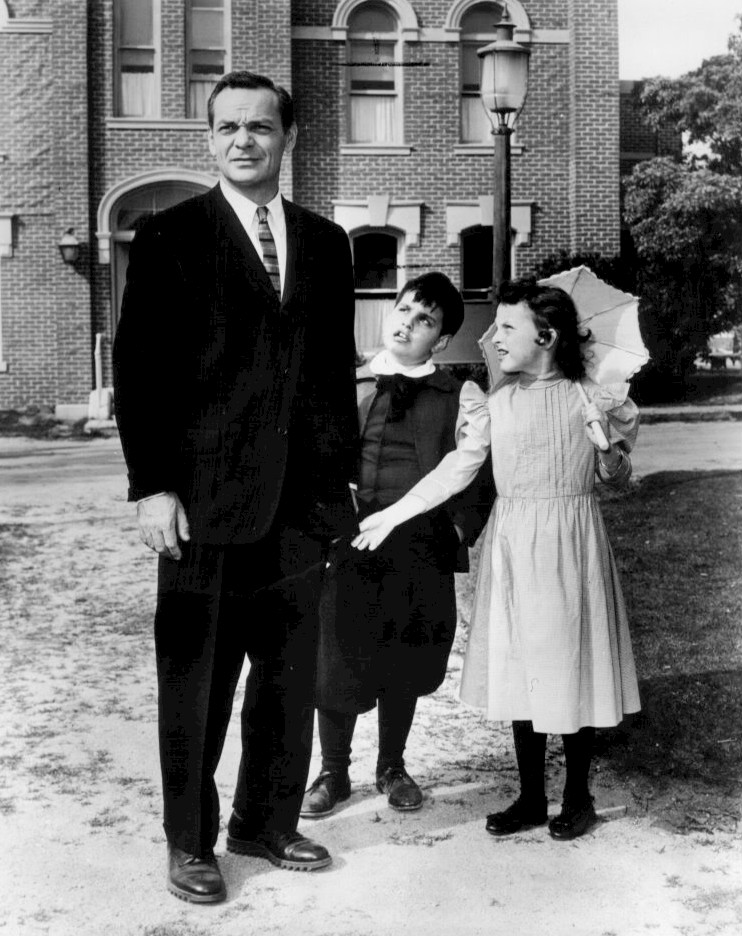
Figure 1 – John Daley as Gart Williams in “Stop at Willoughby.” FRom the Wikipedia and believed to be in the public domain in the US.
Part of the appeal of old photographs of bucolic scenes and ill-remembered times is what I like to call the “Quest for Willoughby.” This refers to a first season classic episode of “The Twilight Zone,” called “A Stop at Willoughby.” The story features a man named Gart Williams, who is an advertising executive, now pretty dissatisfied with his job, his demanding wife, and his overbearing boss. He falls asleep on his commuter train as it travels through a November snow. It is always November. He wakes up to find that his train transformed to a 19th century railway car is empty and has stopped. Outside it is a bright summer July day in 1888. He jerks back to “true” wakefulness. The conductor has never heard of Willoughby.
That night, he has a fight with his shrewish wife Jane. The events on the train repeat themselves the following week. Then he has a breakdown at work. On the phone his wife announces that she is leaving him. So that day he abandons his briefcase on the train and gets off at Willoughby, where people welcome him to their idyllic village.The scene shifts, as it often did in The Twilight Zone. The swinging pendulum of the train station clock fades out and into the swinging conductor’s lantern The conductor is standing over Williams’ body and explains that the man shouted something about Willoughby and jumped off the moving train. In the last scene Mr. Williams’ body is carried into a hearse that bears the lettering Willoughby & Son.
Hmm! So very freaky. Again, The Twilight Zone always was. And Willoughby became emblematic of the quest for the idyllic. And smiling at the idyllic is part of the appeal of old photographs. They have, of course, to be very old. Because if they are from our lifetimes, we may fondly remember momma, but all the negatives of the times come rushing back at us, and we can become rather maudlin about the lack of true progress in human affairs. There is always war, always disease, always hate. There were lynchings in the woods behind Willoughby and if you wanted a job at the local bank, well “Jews and Irish need not apply.” The world is always a combination of the good and the bad – no better then really than now. And I guess, that the most important point is that rather than dream of Camelot, we are far better off dreaming of how to make things better now.
